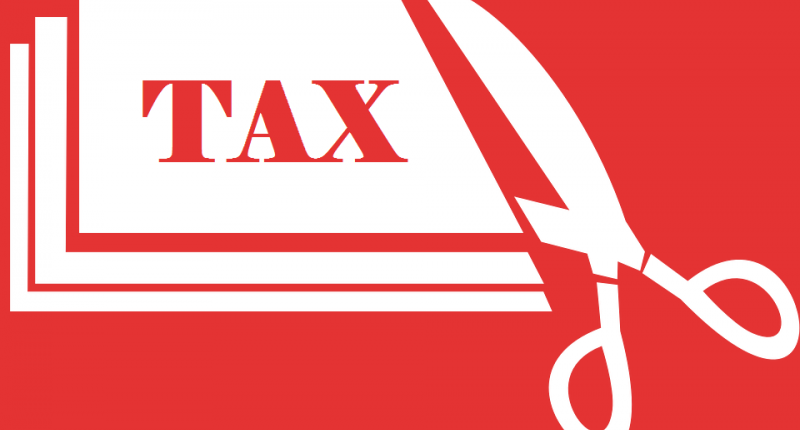The income tax department raised the rebate available under section 87A to Rs 12,500 from Rs 2,500 in the Interim Budget 2019. This move has made income up to Rs 5 lakh tax-free without enhancing the exemption limit.
There is ambiguity among individual taxpayers on this amendment. The individuals are curious about the reasons behind increasing the rebate and the basic exemption limit to Rs 5 lakh.
Here is the list of the reasons that might have persuaded the department to take this decision:
- Broader base:
The number of people filing ITRs in India is minimal, which is evident from the fact that 6.85 ITRs were filed last year as compared to the population of around 120 crore individuals.
Out of the entire 6.85 crores ITRs file, around two crores tax filers did not pay any tax. This is a shocking discovery.
These individuals had to file ITRs for several reasons such as gross income exceeding the basic exemption limit without any tax liabilities due to available deductions or for claiming a refund of the TDS.
The department is continuously trying to broaden the taxpayers’ base. If they had doubled the exemption limit from Rs 2.5 lakh to Rs 5 lakh, several individuals would no longer be required to file ITR and fall out of the base.
Also Read: Key Changes to ITR-1 & ITR-2 for FY 2018-19
- Data is needed for decision making:
The government has to gather data on the economy and other related parameters to take major policy decisions.
This information is required by the government sooner, so they are continuously making efforts to persuade individuals to file their ITRs early. It is evident from the time window available for filing ITR.
Earlier, one could file ITR for two years, i.e. two years from the end of the relevant financial year.
However, now the time window has been reduced to one year, i.e. till the end of the relevant assessment year.
Moreover, the department has also introduced section 234F, which deals with the levy of late fees in case of filing ITR beyond the due date. These steps prove that the government is giving vital importance to data and its timely collection.
If the basic exemption limit is increased, a lot of taxpayers will go out of the tax base, thus making data unavailable to the government.
An individual will still have to file ITR, which will enable the government to have access to data, even if the tax liability is nil due to the lower taxable income of Rs 5 lakh.
- Savings for small taxpayers without losing on tax revenue:
Consumption is the true indicator of the growth of any economy. So the government wants individuals to consume more money, and at the same time, ensure that it does not lose much tax revenue.
The rebate under Section 87A ensures only a small taxpayer is able to save taxes, while individuals earning more than Rs 5 lakh will have to pay regular taxes.
The government understands that the money saved by a lower-middle-class taxpayer is spent, whereas the money saved by high-class taxpayers is saved.
As every government needs higher revenues, it cannot afford to lose the money which it collects from taxpayers in higher tax brackets. If the basic exemption limit is increased, the other tax slabs will be raised accordingly.
The government loses Rs 75,000 for 30% tax bracket, whereas the loss of revenue for the small taxpayer is only a maximum of Rs 12,500 (at the rate of 5% tax).
Moreover, individuals in the 30% tax bracket have more ability to bear the tax burden than the people in the lower bracket.
To summarise, it is wise of the IT department and the government to increase the rebate limit under section 87A instead of the basic exemption limit of Rs 2.5 lakh to Rs 5 lakh.
I am an aspiring Chartered Accountant. I spend most of my free time dredging through the various Indian finance subreddits. I am a semi-professional bowler with a high strike rate every time there is a new tax reform!





